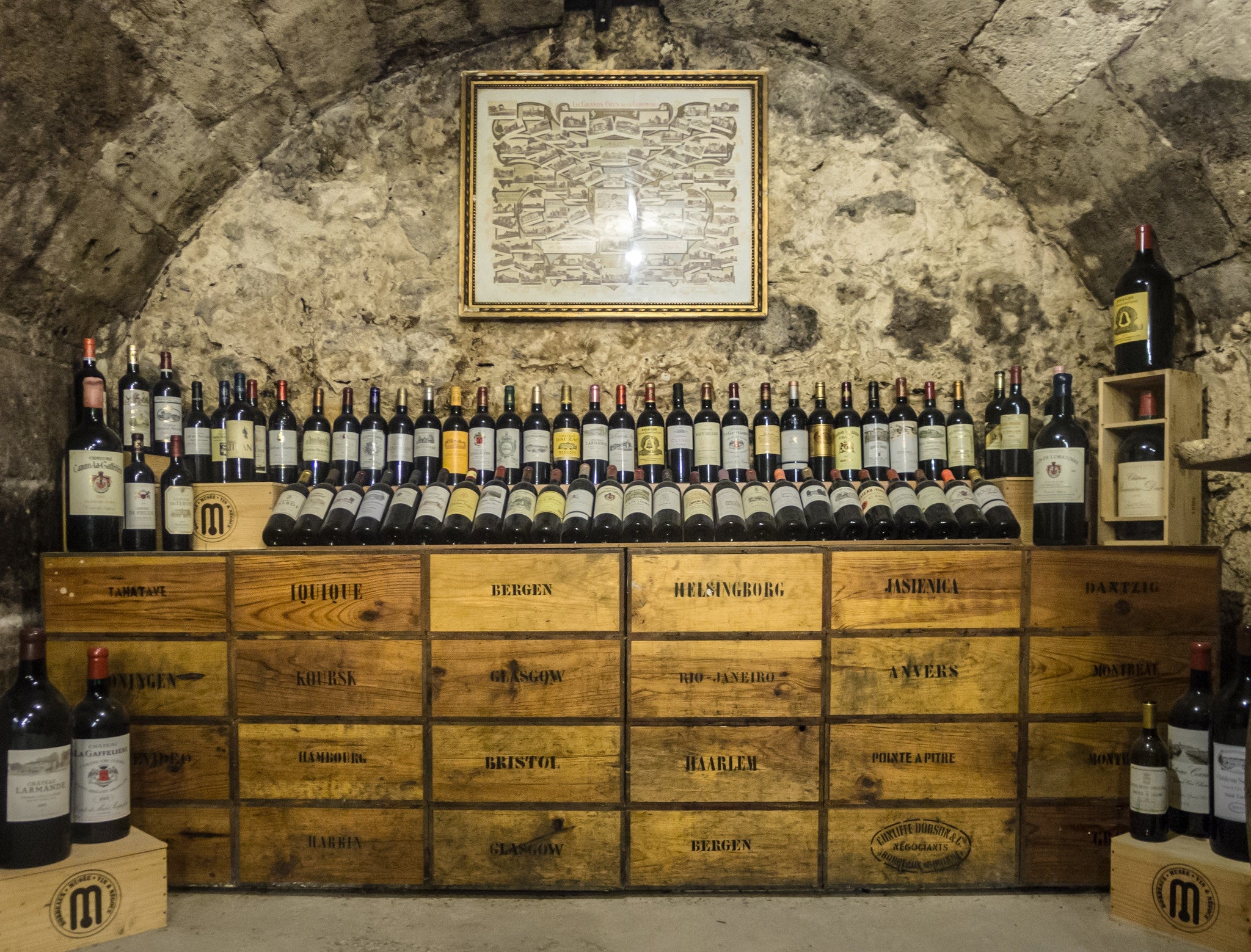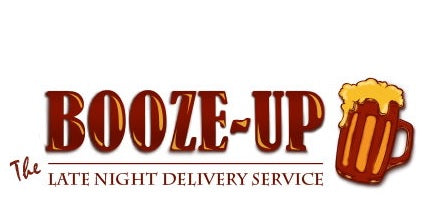The Guide to Blagging that you are a Wine Expert

How to blag your way as a wine expert
Do you ever feel a little out of your depth when the company you’re in starts talking wine? Apart from knowing the difference between red, white and rose and possibly being able to identify a Champagne, it can be frustrating to wine lovers that they seem ignorant.
The first step is developing a wine vocabulary, so acquiring a few essential terms from the classic glossary is a good way to start.
A Wines Aroma
An Aroma is one of the components that will make up the bouquet – also known as the nose. An experienced wine taster or critic will be able to pick up on a number of aromas within the wine, so if it is fruity, they will be able to tell what kind of aroma is being produced. E.g. cherry, berry or apples. Many wines will produce a variety of different aromas.
The Body of a Wine
The Body is how the wine feels against the palate, Wines are either full bodied, meaning they are heavier, or light bodied meaning they leave a delicate or a lean feel against the palate or somewhere in-between the two. The inbetweeners are referred to as medium bodied wines. No discussion on wine is complete without an assessment of its body.
Smelling the Bouquet
The Bouquet is the combination of the wines different Aromas; this makes up how all the components make the wine smell. This is considered a key component for the well-versed wine critic.
Defining Age by Colour
When you really want to impress, have a close look at the Colour. The colour of a wine will tell you a bit about is age. A white wine gets darker with age, and the colour deepens. Red wines change hue and become brown or orange depending on the components they’re made up of.
Now that you have the first words in your wine vocabulary start with wine tasting technique. Another term you will hear quite frequently is the need to aerate the wine and let it breathe. What this really means is that you shouldn’t be gulping it down the moment the bottle is opened, but rather allow it some time to mix with the air around it once it has been decanted to your glass.
The Professional Taster
Typically, the first step of a professional taster will be to look at the wine. Remember the advice about colour? This will give you a pretty good idea of its body and the aromas you are going to expect. You may even want to give a small running commentary while doing this.
Step two involves aerating the wine by swirling it slightly in the glass. This is usually done by rotating the foot of the wine glass in small circles a few times, best done by placing the glass flat on a table. Then take a sniff at the aromas, which of course will give you a precursor to the taste that can be expected.
Next is the best step where you will taste the wine. This is when you will take a mouthwash size and take it into your mouth being sure to cover your entire tongue. Focus on the texture, the body and how the flavours are released. They could be dry, sharp and should complement the smells that you experienced earlier in the process. At this point, you will probably be able to name a spice, a mineral or fruit that comes to mind, or that may have already crossed your mind when checking the bouquet. You will also be able to tell if the alcohol has a bit of a whack to it. Now you will either spit or swallow. Most wine tasting events will provide a spittoon for you to spit, to move onto the next wine to avoid the inevitable tipsiness.
All these guidelines, however, will be useless if you forget one crucial point before you decide to taste and demonstrate your skill. The state of your mouth before you begin. Any lingering taste from that Burger will simply ruin the experience. It is also folly to brush your teeth just before a tasting as that will most certainly destroy and sense of the fine wine about to cross your lips. Brushing teeth immediately before wine tasting all substantially increases the possibility of staining your teeth. Ensuring that you’ve had plenty of water and not eaten for at least half an hour before, will ensure that your palate is ready to venture the vineyards and take you to new heights.
Now with a little extra wine knowledge, you may even be able to surprise the Sommelier.










